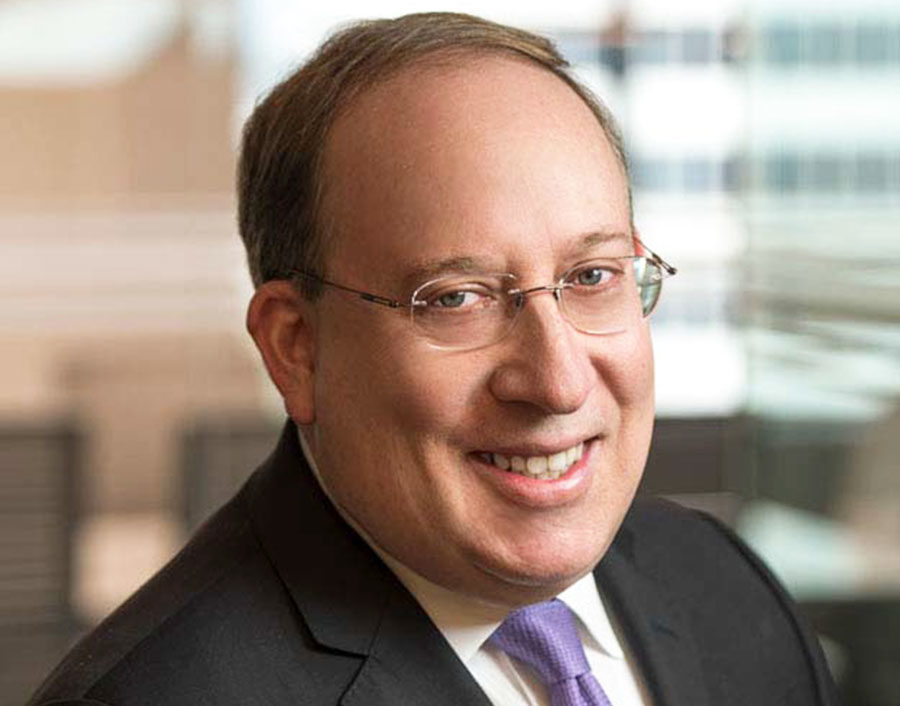The ultra-rich are growing in the United States and smart financial services companies are prepared. For most investors, the term “family office” is somewhat unknown, but for generations, the world’s wealthiest families have established entities to oversee all aspects of a family’s wealth. This is generally considered to be managed on an extremely long-term basis for multiple generations (think Rockefeller, etc.). The family office looks after investments and coordinates other aspects of wealth like income taxes, estate taxes, insurance, philanthropy, homes, artwork, etc. FAMILY OFFICES
What do you do after a liquidity event? Should you set up your own family office to manage your affairs? Increasingly, wealthy individuals are looking at alternatives such as a Multi-Family Office (“MFO”) or creating a Virtual Family Office (“VFO”). Many in the industry believe that without at least $250 million in assets, it is not practical to set up your own single-family office. At lower asset levels, the MFO or VFO route is typically viewed as more practical. FAMILY OFFICES
In my role as Founder and Chairman at Lido Advisors (an MFO and VFO) and our related family office consulting firm, Lido Consulting, I have said for more than 25 years working with family offices of all types: “when you have seen one family office, you have seen one family office!” While of course there are many similarities, all families have unique needs that dictate specific, customized solutions. There is no one size fits all solution when considering the issues for establishing a family office. An MFO might work great, particularly if the principal focus is on investing the portfolio– as many MFOs can invest the portfolio and coordinate with the client’s various advisors (CPAs, attorneys, etc.). Many MFOs can customize their offering to fit the needs of a particular family. FAMILY OFFICES
The VMO approach takes the MFO to a higher level. In this case, the client selects what they believe is best in class advisors and creates a virtual family office with each of these advisors holding a specific role. For example, the CPA –instead of just providing tax advice or tax preparation– assumes the “CFO” role for the family. Similarly, the estate planning attorney might be able to serve as the outside general counsel for the family bringing in other attorneys as needed. The firm or individual that manages the investments would become the Chief Investment Officer, etc. The purpose of this is that each of these firms or individuals would meet on a very regular basis so that everyone is kept in the loop, with the objective to best serve the long-term needs of the family. FAMILY OFFICES
In my experience, the family– when deciding to set up a family office– should seek out professionals that have a long and proven record of working with successful families to start a dialogue of what would be best for them. Over the years, I have put together a list of questions that should be considered when deciding to establish a family office. I have found that most people do not know the questions they should be asking, let alone can come up with the answers. These answers take time to develop and implement, but it is the first step to establishing an effective family office that will serve you and your family for many years to come.
By Greg Kushner, Founder & Chairman, Lido Advisors, LLC
